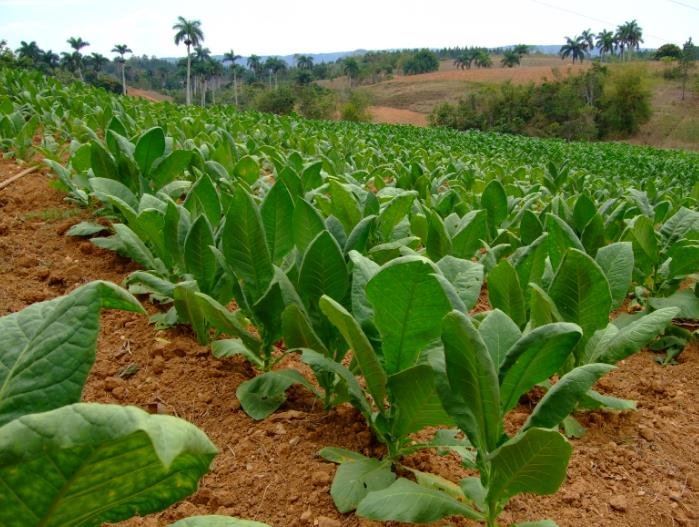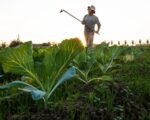World No-Tobacco Day, observed annually on May 31st, serves as a global platform to raise awareness about the harmful effects of tobacco use. This year, the focus is on protecting our planet from the devastating impact of tobacco cultivation and consumption. As we delve into the intricate web of tobacco’s influence, we uncover its far-reaching consequences for health, the environment, and future generations.
The Environmental Toll
Tobacco farming is a resource-intensive process that exacts a heavy toll on our planet. Here are some key points:
- Deforestation: Tobacco cultivation contributes to deforestation as forests are cleared to make way for tobacco fields. This loss of biodiversity affects ecosystems and disrupts natural habitats.
- Water Depletion: Tobacco requires substantial water for irrigation. In water-scarce regions, this exacerbates shortages and impacts local communities.
- Chemical Pollution: Pesticides, herbicides, and fertilizers used in tobacco farming contaminate soil and water. These chemicals harm aquatic life and pose risks to human health.
The Human Cost
- Health Implications: Tobacco farming exposes workers to toxic chemicals. Prolonged exposure can lead to respiratory diseases, skin conditions, and other health issues.
- Child Labor: Tobacco farming often relies on child labor. Children work in hazardous conditions, facing health risks and missing out on education.
The Way Forward
- Sustainable Alternatives: Governments and farmers must explore sustainable alternatives to tobacco farming. Diversifying crops can protect livelihoods while reducing environmental harm.
- Policy Interventions: Stricter regulations on tobacco cultivation, responsible water use, and chemical management are essential. Governments should invest in transitioning tobacco-dependent communities to more sustainable livelihoods.
As we commemorate World No-Tobacco Day, let us recognize that tobacco’s impact extends beyond individual health—it affects our planet and future generations. By addressing these challenges, we can create a healthier, more sustainable world for all.
Emily Wilson is a talented wordsmith whose passion for cannabis shines through in her eloquent articles that explore the plant’s cultural significance and historical context. With a focus on arts and lifestyle, she weaves together narratives that celebrate the creativity, innovation, and community fostered by cannabis enthusiasts worldwide. Emily’s unique perspective and engaging storytelling invite readers to embark on a journey of discovery and appreciation for the diverse facets of the cannabis experience.









